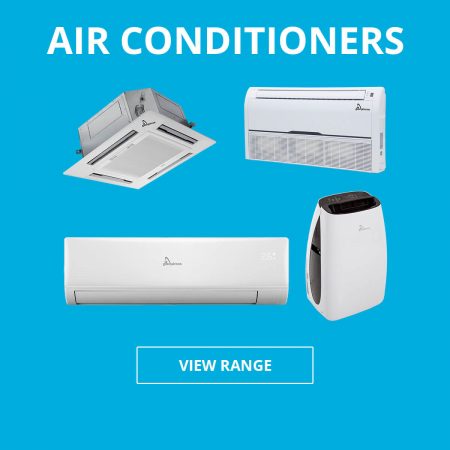When looking to buy an air conditioner, it’s hard to find a better combination of quality and stability on a large scale than with a 5 ton Trane model. They’re renowned as a titan in the A/C industry and are known for their high-quality products that will last for years to come. When you decide you’re ready to buy one, the only thing standing in the way is often the price behind them. o if you’re asking yourself, “How much does a 5 ton Trane air conditioner cost?”, read on. Although they make a great case pitted against the competition, that isn’t to say they’re a light purchase, and with so many different factors on the table, it’s all need-to-know information.
Stock Prices
Typically speaking a 5 ton Trane air condition system is set to cost anywhere between $4000 and the better part of $10,000. For a unit that can operate well in up to 3200 square feet, that’s a quickly justified price but doesn’t make it any easier on the wallet. It does actually depend on your location more than anything else and the supplier of the unit that will have the biggest impact on price, but all in all, this is the general price range, with the midpoint of around $6000-$7000 being the best price to keep in mind.
It is, however, important to note when we’re looking at this kind of price range that this includes a standard installation as well. Unless you have particular circumstances that may result in more installation work required and a higher fee, for the vast majority of cases, this gets you from purchase right through to working order without your input.
Ducting & Extra Work
The next major area to remember when looking specifically at how much a 5 ton Trane air conditioning unit will cost you is your ducting. Any air conditioning system needs proper ducting to be effective, and when you’re looking at a 5 ton AC unit, that is going to be more important than ever to get the most out of it. That means your ducting needs to be in prime condition, as well as any other extra work that is required to make it operate.
Older properties will be the most applicable here, since they will likely need specific work to be in order for them to reach their fullest potential, and that makes things much more costly but depends on the specific situation. Even with reasonable ducting though that needs touching up, you’re looking at an extra fee anywhere from $3000 through to $10,000.
Premium Features
Finally, the last major consideration with your overall unit cost will come from any additional features that you choose to include in your installation. Any additional features are expected to cost more after all, but for some of the more advanced systems like the Trane Comfortlink II, they can even save you money in the long run as you have the most efficient system possible.
By utilizing features like this, even though they do have a slightly higher overall setup cost, you can enable smart technology to direct increased or decreased amounts of warm or cool air to different areas of your home depending on the time of day and the climate of that zone. That means you get more of what you need, when you need it, and none of the extras, really saving on energy wastage.


